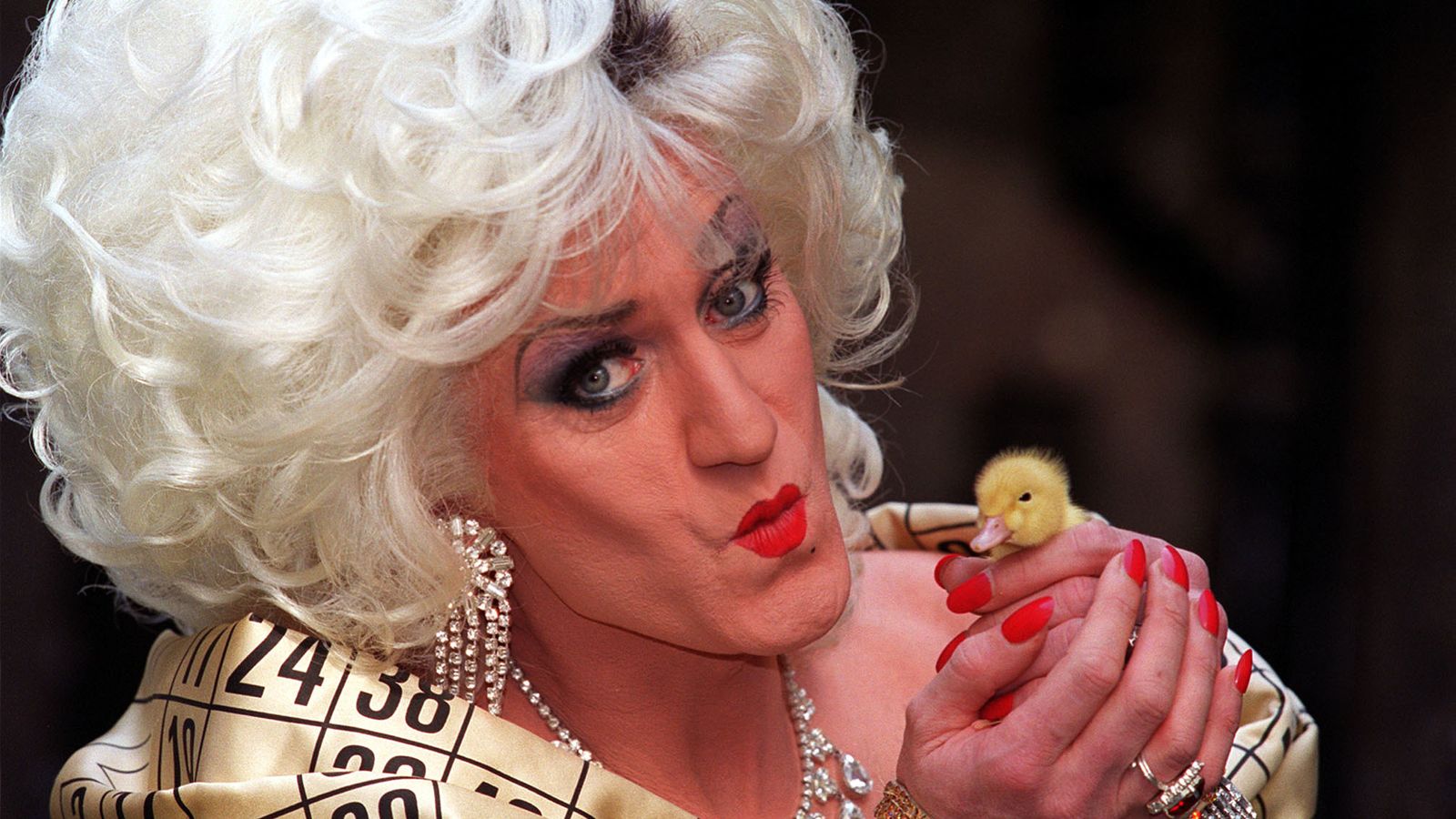A young survivor of the Manchester Arena attack has told Sky News how a doctor “asked her to leave” after asking for mental health support.
Ellie Taylor, who was 15 at the time of the attack, says she “broke down” after inadequate care left her feeling “retraumatised”.
“The doctor said ‘it will take you two years to get into the Children and Adolescent Mental Health Support programme’, and that it would be easier to treat me if I’d been anorexic or suicidal.
“So you know, it was like, ‘get on with it’ and she basically asked us to leave.”
Ellie has added her experience to a new report which has found three-quarters (75%) of the young people affected by the 2017 terror attack were left with psychological injuries.
But the Bee The Difference report states 29% have never received any professional support since – and four in 10 say they’ve never been offered any.
Lucy Jarvis, who was 17 at the time of attack, also contributed to the research.
Manchester Arena bombing survivor told to view attack as ‘a positive experience’
Ariana Grande addresses weight concerns
Manchester Arena attack victim’s father intends to sue MI5 for failing to stop bombing
She was physically injured and had to stay in hospital for eight weeks where she was immediately allocated a counsellor and a therapist.
“I was lucky in that sense,” she said, “but we’ve all had very different experiences and how different they’ve been have really shocked me.”
“Teachers were telling people, ‘you don’t live in Manchester, so why are you upset about it?’ Just little things like that to me was like, really upsetting to hear. Because the least thing you could do, would be just to be there to support someone.”
Read more:
Survivor told to view attack as ‘a positive experience’
Dad of youngest victim plans to sue MI5 for failing to stop bombing
Bomber was on MI5 radar more than 20 times
Dr Cath Hill, who led the research, told Sky News that economic background made a “huge” difference in terms of who got help, and when.
“Some of the young people for example who were at private school got access to services quicker,” she said, “and many people in the research said that their parents paid for them to get support in the end because they were waiting far too long on NHS waiting lists.”
“That’s not fair. This was an attack against the state, it should be the state that steps up and supports them.”
Please use Chrome browser for a more accessible video player
The government is expected to adopt a “Survivors’ Charter” which would mandate mental health services, along a specific timeline, for victims of terror attacks.
But Travis Frain, a survivor of the 2016 Westminster Bridge attack, who worked with the government to develop the policy, said implementation was key.
Be the first to get Breaking News
Install the Sky News app for free
“We can all promise quite a lot,” Mr Frain said, “and sadly as victims of terrorism we hear those promises quite a lot”.
“I really do hope that the Home Office adopts that charter, puts it into law and enshrines it in law, because the last thing we wanted is for more sort of platitudes and more words.”








